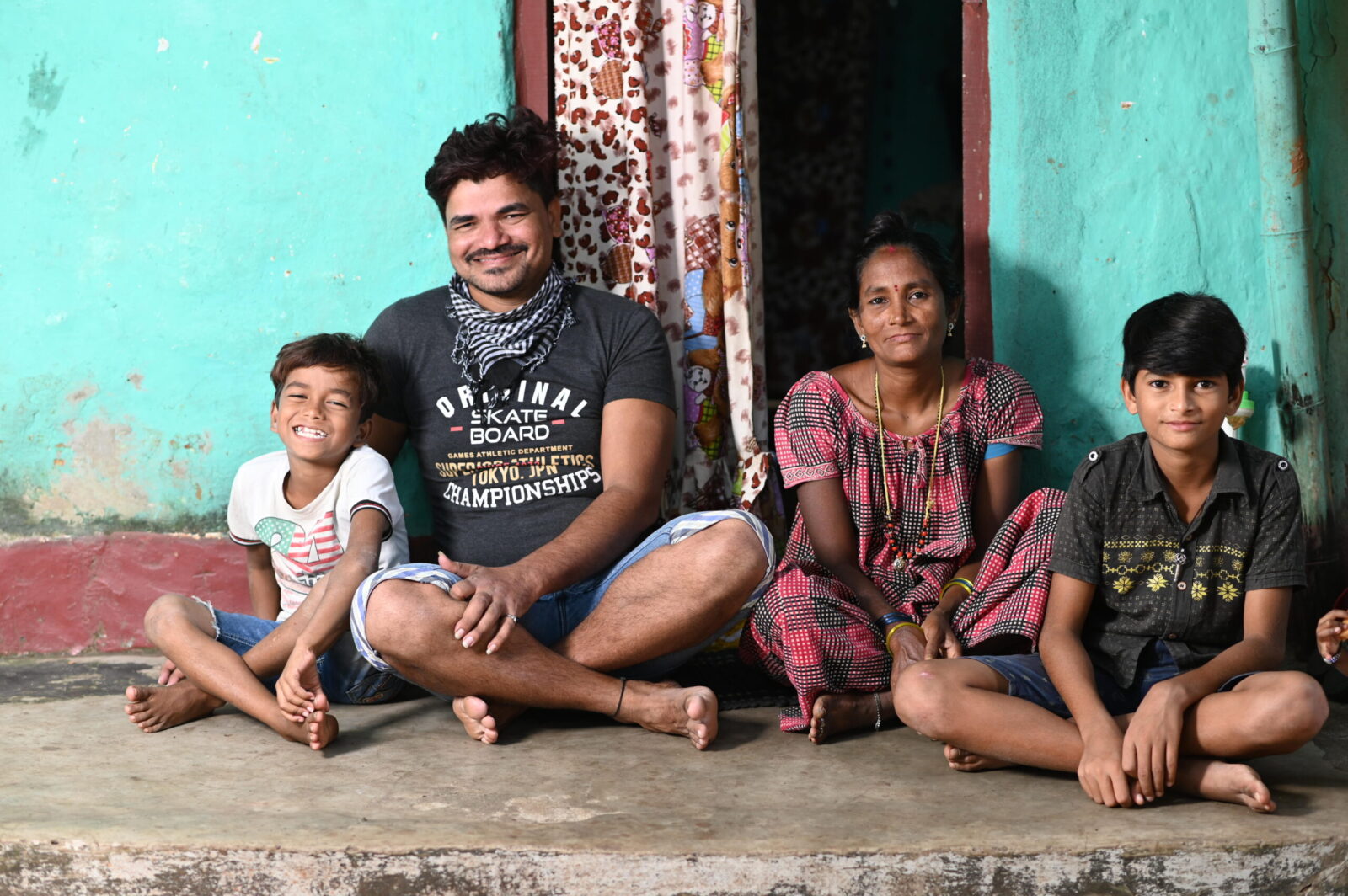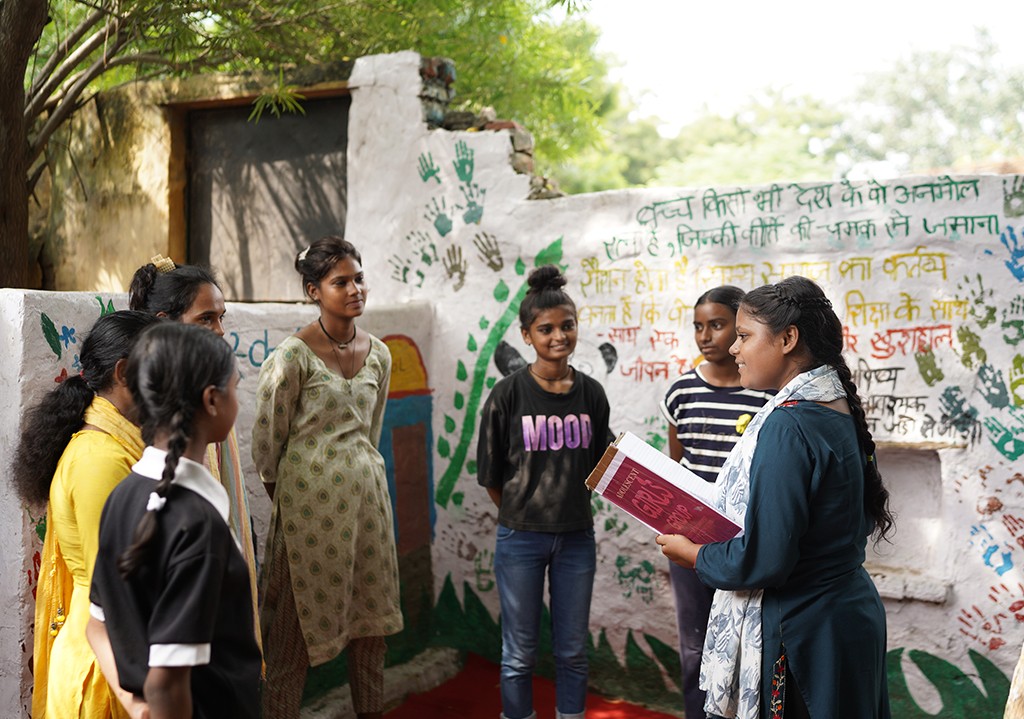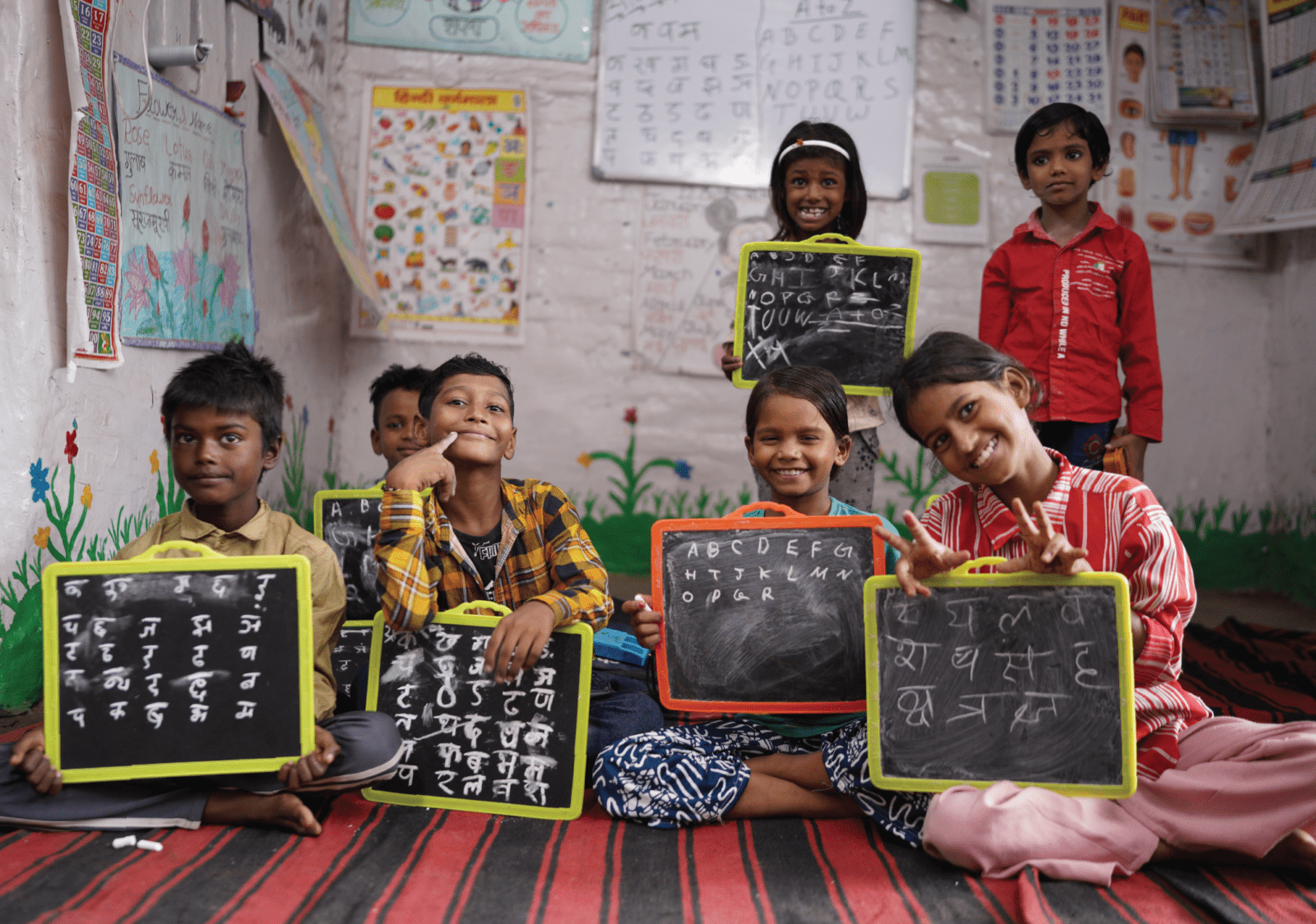All children have the right to a safe and nurturing family environment where they are loved. What happens though when this right is challenged?
Owing to varied circumstances, a child may be forced away from his/her parents. What impact does this have on the child’s development? What role does a family play in a child’s life? Why is reunion with the family preferred over foster care? Answers to these pressing questions are packed below in 5 compelling reasons why a child must live with his/her family for the child’s well-being.
1. Family lays the foundation for the child’s foremost value system.
Parents, grandparents and siblings are the first bunch of people with whom a child interacts. Absorbing the actions, reactions and expressions of these people whom they observe routinely, contribute to a child’s value system. The situations they fear, the individuals they respect, the environment they find enjoyable all stem from a child’s family.
2. Long-term mental and emotional health find their roots in the childhood.
Children who live with their family receive love, support, and encouragement, which helps them build self-esteem, confidence, and resilience. Over the past 12 years, Railway Children India (RCI) has reached and protected 79,000 children and families across, India. The desperate urge to reunite with their families is nearly a uniform sentiment seen among all the rescued children. Often reunion with families can take a long time. In the interim, RCI provides a safe shelter, nutrition, education, medical and psychosocial support to children and assistance to vulnerable families.
3. Socialization skills begin at home.
Living with family allows children to develop social skills and learn how to interact with their peers and others. Family members can provide children with opportunities to learn social norms, values, and behaviors. Having worked extensively with slum communities around railway and bus stations, RCI has observed a heightened risk of separation among families inhabiting these communities. However, working in partnership with such communities, RCI envisions cultivating a supportive environment that is hostile to abuse and well-quipped to protect children.
4. Children experience security with their families.
A child’s primary sense of security originates from his/her family. Children recognize their basic needs of food, clothing, shelter and security being met with their families. When children feel secure, they are known to develop positive relationships with others, have better mental health, and perform well academically. During untoward events, this primary sense of security is under attack, leaving children in a deeply vulnerable state.
5. Children are better able to cope with tough time when with family
Emotional support, familiarity, consistency, and communication in their family helps children sail through challenging times. Having witnessed strained households in deprived communities, RCI aims to work closely with families, to strengthen the capacity and resilience of parents, families and communities to create a safe nurturing environment for children at home.
Owing to these and a host of other important factors, a sound family structure plays a crucial role in the development and growth of a child.







